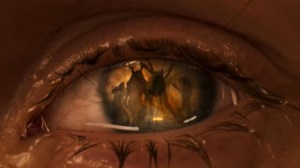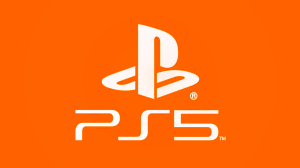
Back in June of this year, the Detroit: Become Human team found themselves in an interesting position when the studio founder, David Cage, provided a very unique statement during an interview with Kotaku. Now, months later, the game’s Lead Writer, Adam Williams, is stepping up to the plate to address the issue head on.
Videos by ComicBook.com
The original statement by Cage was the following,
“I don’t want the game to have something to say, because I don’t see myself delivering a message to people. But I’m definitely interested in asking questions to the player. Questions that are meaningful and that resonate with him as a person and a citizen.”
The thought process there is not that difficult to understand, but it wasn’t fleshed out causing many to misconstrue his intent. Williams has come to the rescue to expand upon Cage’s original idea in a recent interview with GameReactor.
“In reality, we don’t have a message for the player in terms of when androids will appear, or if they will be dangerous. Our goal is to introduce interesting questions and dilemmas to the player and allow [them] to form [their] own opinion. I think these technologies will look like science fiction to us until they suddenly become reality. I think we will be caught by surprise, and the more pertinent question will become: will we be able to control it? The book The Singularity Is Near was obviously an inspiration for us, and we found its implications very interesting. There are many opinions around, but most form a consensus: as far as true artificial intelligence is concerned, it will mean a bigger transformation for humanity than internet and cars.
One of the issues that I think it will raise, and that’s one of our main topics, is; what does it mean to be human? If you look at Kara in the Paris demo, I think she is a more humane character than the father, despite her being a machine. I think that humanity goes beyond the physical element, I think it is related to intellect, spirit, morality… and this is one of the issues we want to develop with the game, understand what the player thinks that being human really is.
In our opinion, it is more important to put these issues on the table then necessarily share answers. We want to transport the player to our screenwriting room and ask [them] this question, this dilemma, and understand what [their] opinion is. That’s why Detroit: Become Human is such a formidable experience, and that’s why two players will hardly have the same exact gaming experience. Their experience will somehow become a reflection of what they think, what they feel.”
A very philosophical approach to a game with a very meaningful narrative. It will be interesting to see how fans react to the upcoming title, as the game itself poses a lot of existential thought.
Detroit: Become Human is set to release sometime in 2018 exclusively for the PlayStation 4.








